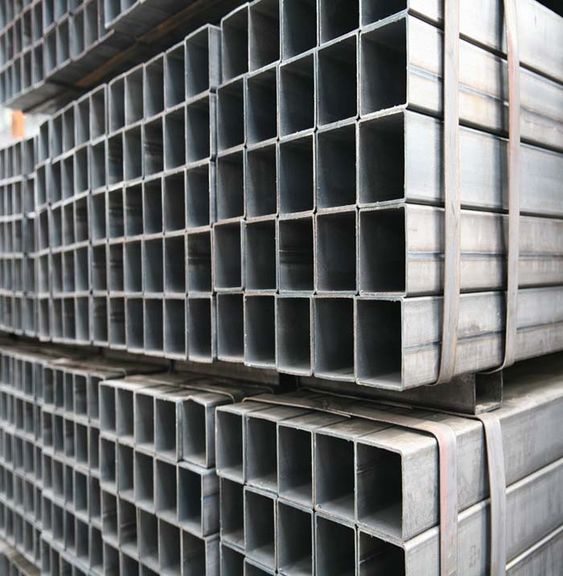Ensuring Excellence: Quality and Durability Testing of Steel Pipes in Industrial Applications
2023-12-28
Introduction
Steel pipes, the workhorses of various industrial sectors, undergo rigorous testing to ensure they meet stringent quality and durability standards before being deployed in construction, oil and gas, water distribution, and other critical applications. This blog takes you through the meticulous testing procedures employed to guarantee the excellence of steel pipes, from raw materials to the final product.
Raw Material Inspection
1. Chemical Composition Analysis:
- The quality control process begins with a thorough analysis of the chemical composition of the steel. This ensures that the raw materials meet the specified standards, as variations in composition can significantly affect the properties of the final product.
2. Mechanical Property Testing:
- Mechanical property tests, such as tensile and impact tests, assess the strength, ductility, and toughness of the steel. These tests provide crucial insights into how the steel will perform under different stress conditions.
Pipe Manufacturing Process
3. Dimensional Inspection:
- During the manufacturing process, dimensional inspection ensures that the steel pipes adhere to the specified dimensions and tolerances. This is critical for compatibility and proper fit in various applications.
4. Visual Inspection:
- Visual inspections are carried out to identify any surface defects, irregularities, or imperfections in the pipes. This includes checking for issues like cracks, seams, or uneven coatings.
Non-Destructive Testing (NDT) Methods
5. Ultrasonic Testing (UT):
- Ultrasonic testing uses high-frequency sound waves to detect internal flaws in the steel pipes, such as voids, inclusions, or laminations. This non-destructive method provides insights into the structural integrity of the pipes.
6. Radiographic Testing (RT):
- Radiographic testing involves exposing the steel pipes to X-rays or gamma rays. This method reveals internal defects, weld quality, and overall integrity. It is particularly useful for thicker sections and critical weld joints.
Mechanical Testing
Final Inspection
Conclusion
The quality and durability of steel pipes are paramount in ensuring the safety and reliability of critical infrastructure. Through a combination of meticulous raw material inspection, stringent manufacturing processes, and a battery of non-destructive and mechanical tests, steel pipes undergo a thorough vetting process before being entrusted with their intended applications. This commitment to quality assurance not only safeguards industrial operations but also upholds the integrity of the structures and systems that rely on the strength and durability of steel pipes.



